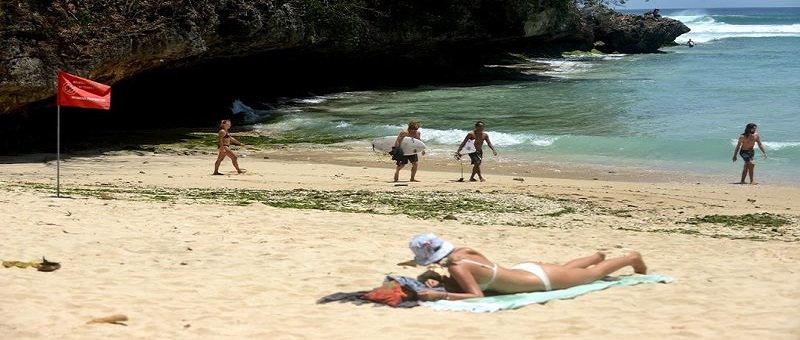Whilst many dentists frown upon the concept of dental tourism, nonetheless, there are thousands of people who use it. For them, dental tourism has two main appeals. The first is the opportunity to combine having dental treatment with a holiday, often in an idyllic location. The second and most likely the main reason that you’ve probably heard on a Bali blog, is that they can have dental treatment at a fraction of the cost of having it done by their usual dentist.
The cost difference often means that someone can pay for flights, accommodation and dental treatment and the total cost still comes to less than the dental treatment would be at home. Now, the caveat exists that there can be doubts and questions as to the qualifications, experience, and abilities of dentists overseas, which is why there are some tips you should follow before opting to become a dental tourist.
Research Potential Locations And Dental Practices Thoroughly: It is essential that, before you embark on having dental treatment overseas, you carry out due diligence. This includes assessing the location you are travelling to. More important is that you research potential dentists you might use for their experience, their qualifications, and reviews from their previous patients.
Speak To The Dental Practice If Possible: Once you have narrowed down your search to one or two dental practices, you call them and try to speak to them. This will give you a better understanding of their customer service, if there may be any language difficulties, and also lets you ensure that they offer the type of dental treatment that you need.
Take Account Of Any Language Barriers: Whilst it might not be a huge priority for you that the dentists and all their staff speak perfect English, it does give rise to the fear that something lost in translation could create a problem. For this reason, we recommend you learn some phrases in the local language related to your treatment. Alternatively, a local translator should be worth the small cost for the hour or so you would need to pay them for.
Consult With Your Dentist To Discuss Your Dental History: Whilst your dentist might not be a fan of dental tourism, they should be professional enough that if you seek their help before you travel, they will provide it. They should advise you on any dental issues you need treated and also provide you with your dental history so that the dentist you see overseas has all the relevant facts.
Try To Have A Flexible Return Date For Your Trip: Never assume that your treatment overseas will be done in a day. It might be that you needed to return for follow-up treatment, or it may take longer than expected. That is why you should have a flight reservation that allows flexible return dates.
Ensure You Allow Enough Time For Your Trip And Your Treatment: For the same reason as above, you want to make sure that you have given yourself enough time to travel, have the treatment, and return. For those with work, business or educational commitments ensure that you have sufficient time off, or at least make contingencies should your trip be extended.
Have A Plan In Place For Dental Treatment When You Return Home: No matter how good you felt the treatment was when you went overseas, you should always arrange to have an appointment with your normal dentist when you return so that they can check everything is fine.









